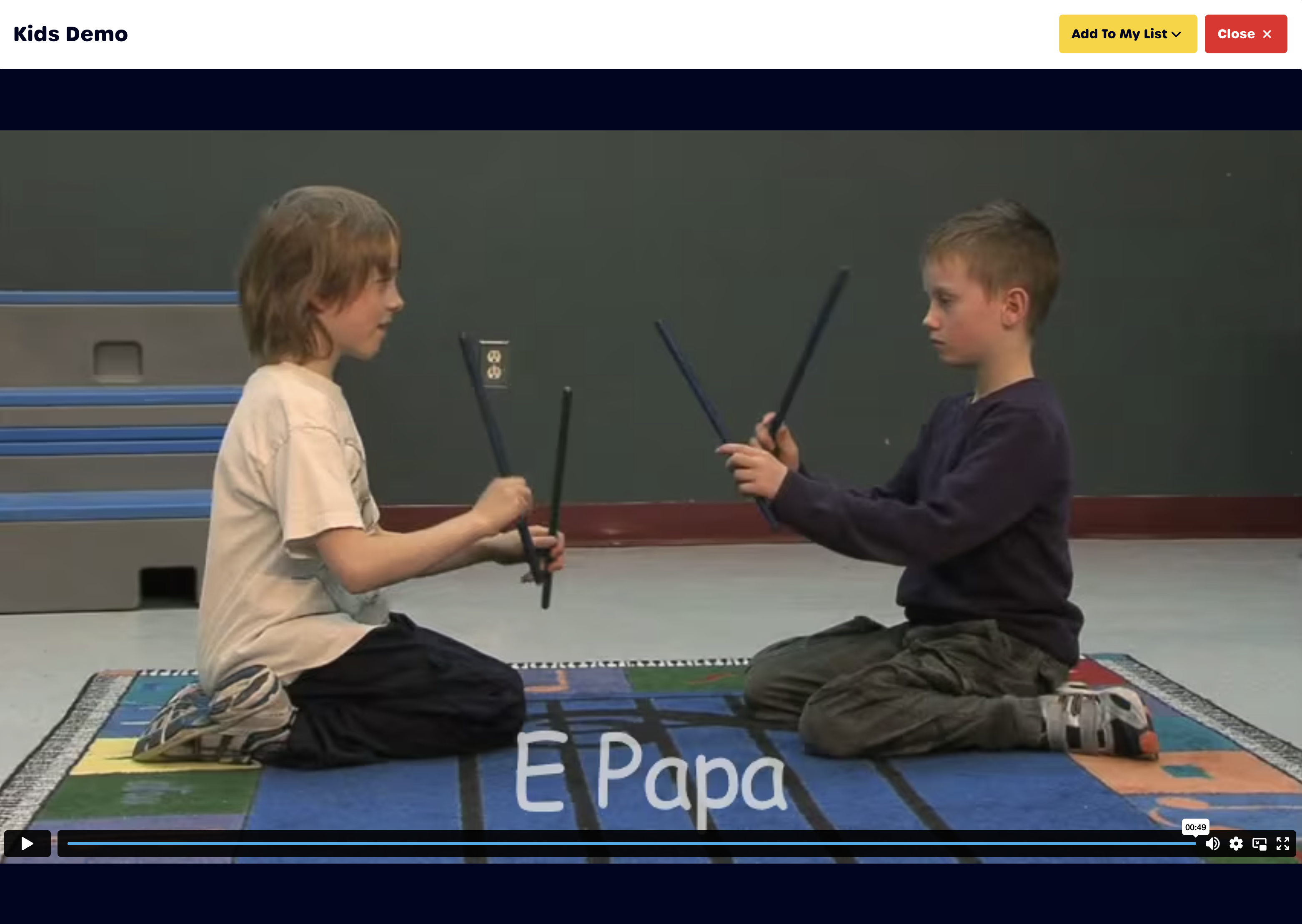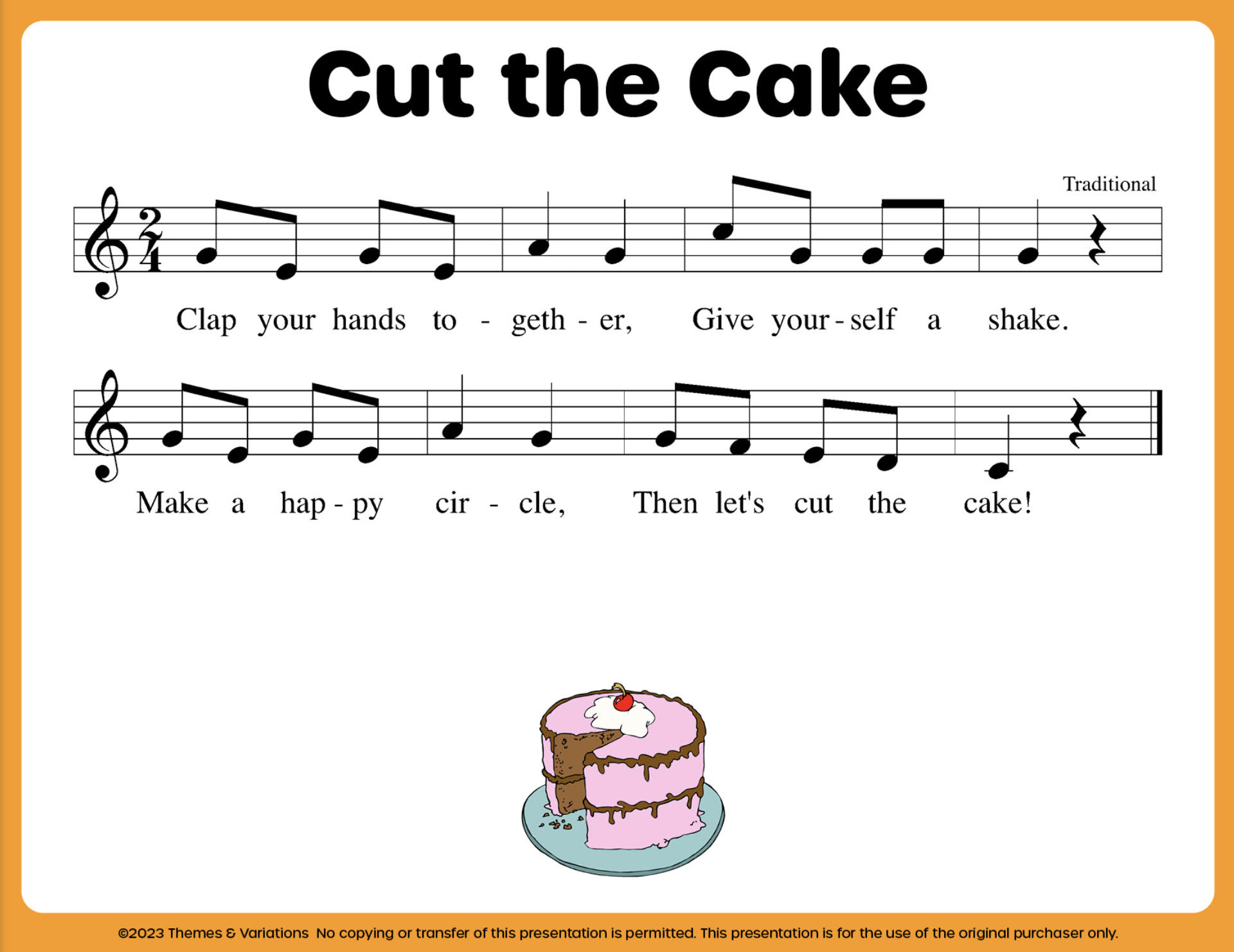Differentiated Recorder Instruction
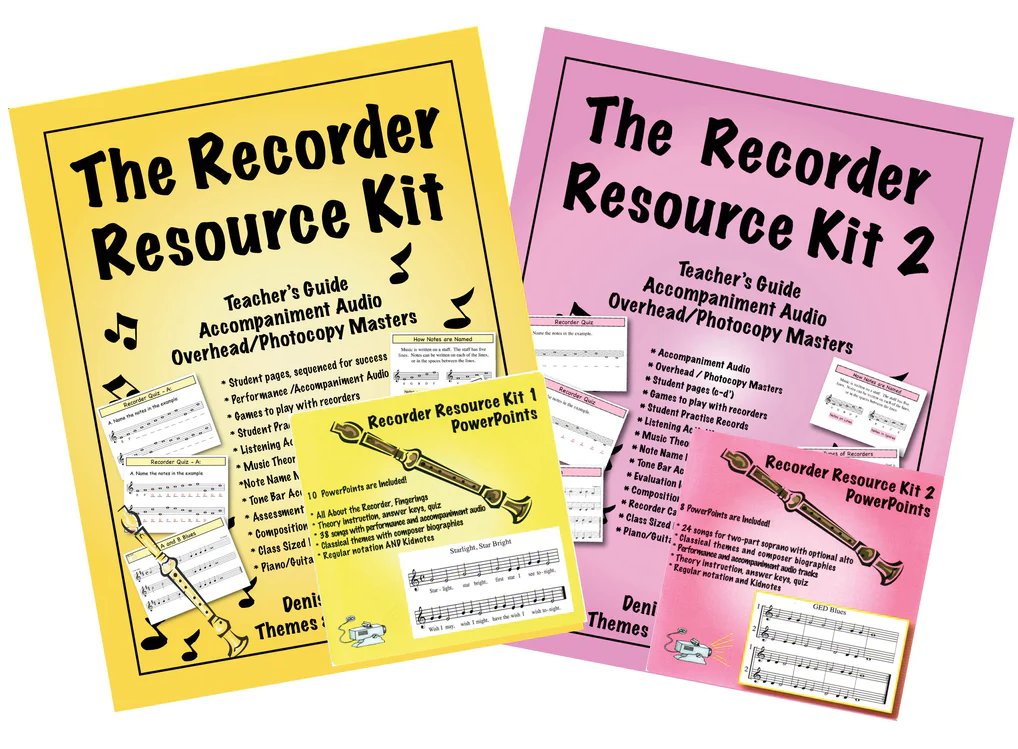
Recorders are one of the best ways to teach students melodic reading. The instrument is inexpensive, simple to produce a sound, and students are very motivated to learn. (at least at the beginning of the unit) . However, playing recorder requires good fine muscle co-ordination which can be very difficult for some students. This newsletter addresses some of the ways that you can modify recorder instruction for your special needs students.
Modify the Recorder:

For many children, covering the holes is a challenge. Glue down a gummed reinforcement over the hole to help them "feel" where their fingers should go.
Tape Holes:
For students with extreme difficulty, consider taping over the thumb hole at the back of the recorder. This can be a big help to some children. The Recorder Resource Kit introduces the notes in this order: BAG ED C'F C . Children with tape over the thumb hole will be able to play until the note C' is instroduced.
The Recorder Resource Kit has songs with just one note - Just A, Just B and Just G and every student can play these songs.
Use GERMAN fingering recorders.
German fingering has the easier F - the same F that's used on flute, saxophone and clarinet. Baroque fingering requires students to put on 2 more fingers for F - a forked F fingering like that on an oboe or bassoon. This will help ALL your students be more successful. Some claim that German recorders are out of tune - I've done a video with my Handel German recorder in front of a tuning program and they play nicely in tune!
Try it yourself - open a tuning program and test a variety of recorders to see which play in tune (and which don't)
Kids Notes
If you see students peeking at the next child's fingers instead of reading the music, that's your indicator that they aren't able to sight read. Rather than pencilling in the letter names, I prefer to give the children Kids Notes - the letter names are imprinted on the notes. The kids still see the note placement on the staff, and they are still reading rhythms. Watch for this once you start songs with E - most will be OK on BAG, but may start to struggle when E is introduced. Kids notes are part of Recorder Resource Kit 1 and 2
Use projectable notes
Themes has made digital resources available for recorders for many years. We reformat the music for the screen, so it's big and easy to read. Audio is embedded in the PowerPoints, and we've also made movies of all the songs. With projectable notes, you can help students to track the notes. Always teach the songs unaccompanied first at a very slow tempo. When students are successful, try with accompaniment. There are Orff and Piano arrangements for the Recorder Resource Kit 1, and this is preferable to using recorded accompaniments.
The Orff arrangements are helpful for modifying instruction as well. If you have a student with physical limitations (missing arm or fingers), they can play the bass part of the Orff accompaniment instead of playing the recorder part.
Mad Minutes:
Mad Minutes are a great way to help all students develop instant recall of letter names. I frequently start the recorder class with a mad minute that practices just the letter names we are working on.
Mad Minutes are part of the Recorder Kit. I give each student a mad minute, a pencil and book to write on. I say go, and they complete 25-30 questions. When they're finished, they say "done" and I tell them how long it took - anywhere from 17 seconds to 3 minutes. (I give students who study an instrument privately harder mad minutes that include bass clef) I have students correct their own in class by chanting the note names. (more practice) . I tell them that if they hear themselves say a note that no one else says, circle it -- and I'll check it for them. The whole process is less than 5 minutes of class time, and really helps develop instant recall of note names.
Overblowing:
It's really easy to make a terrible sound on a recorder. Demonstrate how to make a bad sound, then how to make a good sound. Once they hear the difference, it will help them produce a better sound. I have twin grandaughters, and at age 2 they got hands on big brothers recorder. I taught the 2 year old how to make a nice sound - at age 2 they could hear the difference.
Modify assessments
For students with IPPs. I've always done Recorder Karate with the Recorder Resource Kit - it has 38 songs so children learn far more than just 7 belt test songs --- I choose from the 38 the songs that I want to test and assign those ones belt colors. I cut up yarn into 5.5" lengths by winding it around and around the student book, then snipping both ends. I cut the number of belts from 7 to 4 or 5. Saved me a lot of testing time. I gave the students out of class time on Tuesdays that they could test: before school, recess, lunch, after school. Those who hadn't tested for their white belt before a certain date, tested in class - and there weren't many left to test. For those with special needs, I would differentiate the objectives according to their difficults. If fine motor skill was identified, I'd test them on the rhythm reading and blowing and do the fingering for them.
Substitute Unpitched instruments for Recorder
My down syndrome student could play the one note songs, but it was too difficult to manage changing notes. I put together a tub of non-pitched instruments that he would play along with the rcorders. If we played Hush Little Baby, he might accompany with a finger cymbal. If we played Ho Ho Watany, he'd accompany with a hand drum. His classmates had been with him since Kindergarten and were very supportive. Most classes, one of his classmates wanted to play with him.
Sensory Headphones
Some autistic children find the high pitch of recorder very hard to listen to. (as do some parents!) . Wearing the sensory reducing headphones can help with this.
I hope this newsletter gives you some ideas for differentiating recorder instruction. I love playing recorder and want to make this a part of music class that all students can enjoy and experience success with.
Musicplay Workshops
Registration for Musicplay Live in Washington, DC; Austin, TX; and Virtual is open!
Check out our collection of FREE webinars here!
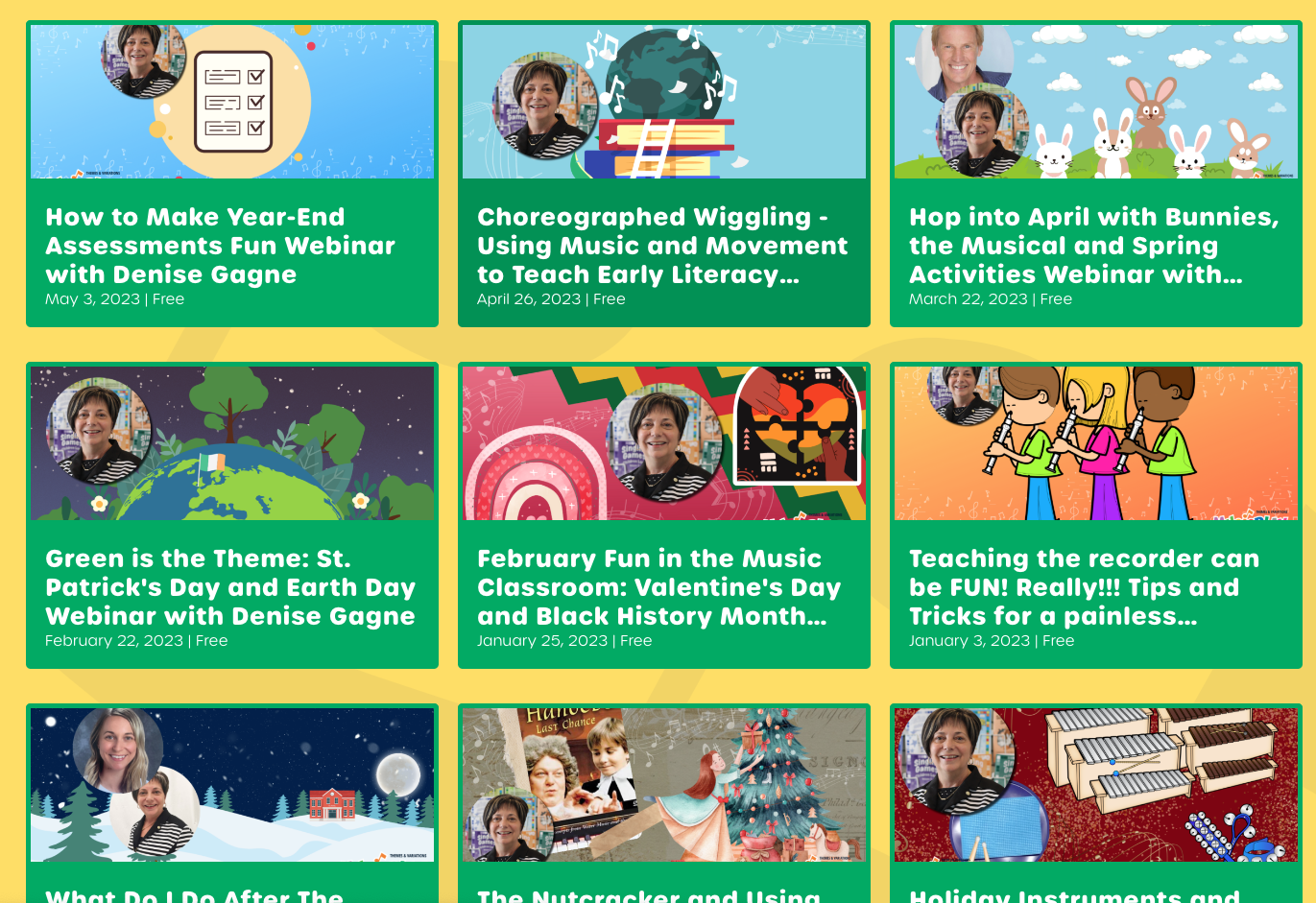
Musicplay Minutes Podcast
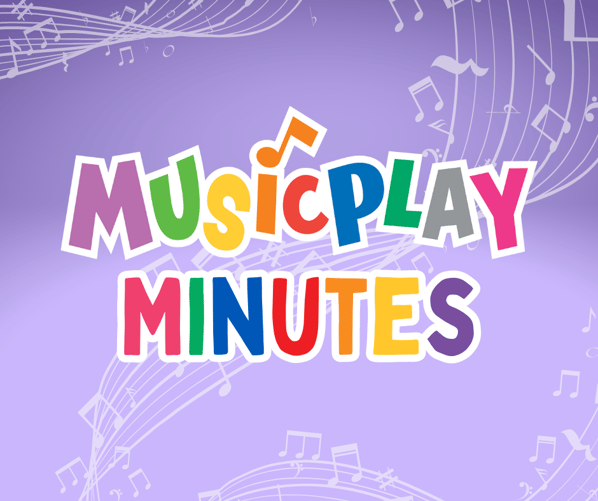
Listen to our newest podcast on ideas for St. Patrick's Day and Earth Day!

.png?width=483&height=405&name=MusicplayLive%202023%20Sing!%20Say!%20Dance!%20Play!%20With%20Artie%2c%20Denise%2c%20and%20JJ%20Locations%20FB%20(2).png)
